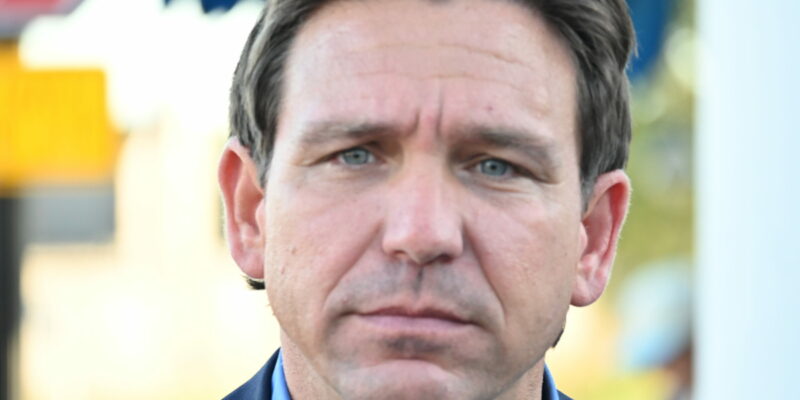The Computer and Communications Industry Association (CCIA) is taking a social media case to the U.S. Supreme Court concerning the constitutionality of state legislation such as Florida’s SB 7072 and Texas’ HB 20.
The CCIA believes those legislative measures enable “government interference into speech.”
In short, Florida’s bill does not allow big tech companies to moderate their content or their user’s speech – the provision that CCIA argues violates the First Amendment.
Both parties are attempting to curb speech suppression but in different ways. CCIA argues that private companies should not have to listen to the government’s demands to compel their speech or change their community guidelines to allow all speech on their platform.
For instance, CCIA argues that if the government calls on a private social media platform such as Instagram to put out an alert on their app to wear a mask, they should not have to comply. Additionally (this is the case of the Florida bill), if a user on Instagram’s platform says something that goes against the rules set forth by the app, CCIA argues that the app should not have to withhold their discipline of the user because the law requires it.
CCIA President Matt Schruers laid out this situation during an online press conference on Thursday.
"So, when we are talking about private services here, private internet companies, they cannot be compelled to do a particular thing because they have their own First Amendment rights. Your First Amendment rights are only good against the government,” said Schruers. “It is often the case that if someone should, for example, lose access to a digital service because they violated that service’s terms of use, they say, well, ‘That is a violation of my First Amendment rights’ and it is important to be aware that is not the case.
“Those are consequences, and free speech does not mean speech free from consequence. It means free speech from government interference.”
However, Florida’s bill argues that social media has become a digital town square where free speech should reside. Therefore, limiting speech would be an act of tyranny on its own.
Following the bill’s passage in May of 2021, Governor Ron DeSantis (R-FL) stated that Big Tech will be “held accountable” for indiscriminately enforcing rules.
“This session, we took action to ensure that ‘We the People’ — real Floridians across the Sunshine State — are guaranteed protection against the Silicon Valley elites,” said Gov. DeSantis. “Many in our state have experienced censorship and other tyrannical behavior firsthand in Cuba and Venezuela. If Big Tech censors enforce rules inconsistently, to discriminate in favor of the dominant Silicon Valley ideology, they will now be held accountable.”
CCIA and Schruers feel confident with precedent on their side. The Miami Herald won a Supreme Court case in 1974 that rejected the State of Florida’s ability to force news publications to provide “equal space to answer criticism and attacks on his record by a newspaper," also known as the "right to reply” bill.
Should the Supreme Court follow this precedent, it appears those defending Florida’s SB 7072 would have to prove that the government and Big Tech work together in a capacity in which the government itself is limiting speech in collaboration with Big Tech companies.
Or, those defending Florida’s bill would have to be persuasive enough to convince the Supreme Court that social media platforms should not have to enforce their guidelines due to the nature that the new “digital square” should be protected by the First Amendment.
A bill that was designed to protect the spirit of the First Amendment for Floridians could ultimately be rejected by the protections of the First Amendment.
The case will be tried in the Supreme Court on Feb. 26.






